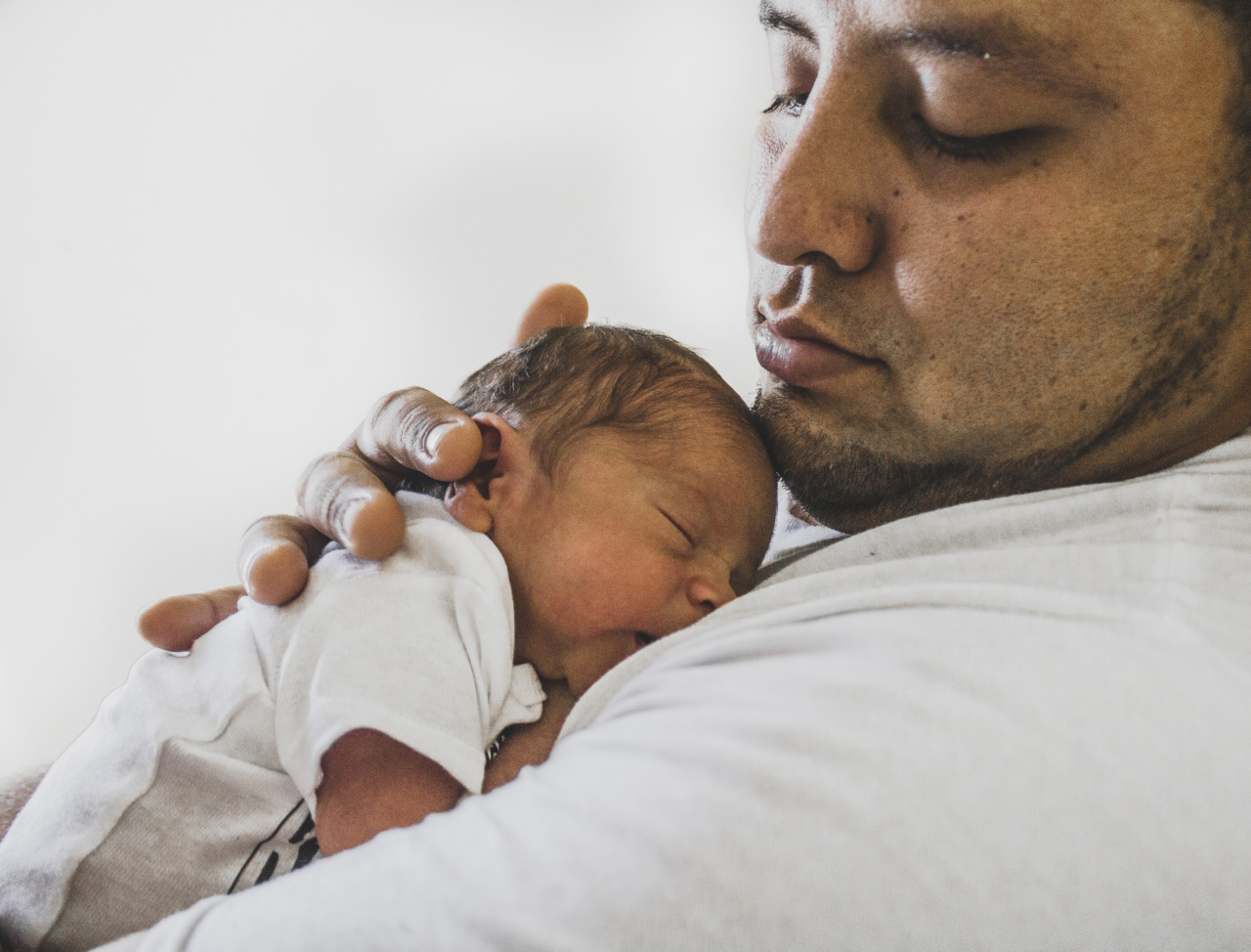Everyone knows the importance of a good night’s sleep. It not only helps us feel rejuvenated and refreshed, but it also supports our physical health, mental wellbeing, and cognitive function.
For parents, getting the right amount and quality of sleep is critical, as it can impact their ability to care for their children and be present for work and other daily activities.
However, a child’s sleep patterns can affect their parent’s sleep as well.
In this article, we’ll explore the link between parental sleep and child sleep, as well as the ways in which parents can promote healthy sleep habits for themselves and their children.
How Do Children’s Sleep Patterns Affect Parental Sleep?
Children’s sleep patterns can significantly affect a parent’s sleep quality and quantity.
Infants and young children often wake up frequently throughout the night, which can lead to parents waking up multiple times and feeling groggy and unrefreshed in the morning. Additionally, children who experience sleep disruptions such as night terrors, nightmares, or bedwetting may require their parents to wake up and attend to them during the night.
For parents, sleep disruptions can have a significant impact on their level of fatigue, stress, and mood. Research has shown that parents who experience inadequate sleep are more prone to depression, anxiety, and difficulty managing their emotions.
They also have an increased risk of developing chronic health problems such as heart disease and diabetes.
The Effect of Parental Sleep on Child Sleep
Not only can a child’s sleep patterns affect a parent’s sleep, but a parent’s sleep quality can also influence their child’s sleep habits.
Parents who experience inadequate sleep may have more difficulty establishing and enforcing consistent bedtime routines, as well as providing a calm and peaceful sleep environment for their children.
Additionally, parents who are sleep-deprived may rely on methods such as co-sleeping or allowing their children to stay up late, which can disrupt their child’s natural sleep rhythm and make it more challenging for them to fall asleep on their own.
Parental fatigue and irritability can also impact a child’s behaviour, making them more prone to temper tantrums, difficulty focusing, and emotional outbursts at school or home.
How to Promote Healthy Sleep Habits for Parents and Children
Fortunately, there are several strategies parents can use to promote healthy sleep habits for themselves and their children. These include:.
Establishing a Consistent Bedtime Routine
Creating a consistent bedtime routine can help children establish healthy sleep habits, leading to more restful sleep for both children and parents.
A bedtime routine can include activities such as a light snack, reading a book, brushing teeth, or taking a bath. Establishing a set bedtime and adhering to it every night can further encourage children to fall asleep quickly and stay asleep throughout the night.
Limiting Screen Time Before Bedtime
Exposure to electronic devices such as tablets, smartphones, and televisions can disrupt a child’s natural sleep rhythm and make it more difficult for them to fall asleep.
Parents should limit their child’s exposure to electronic devices at least two hours before bedtime.
Creating a Calm and Peaceful Sleep Environment
A child’s sleep environment can significantly impact their quality of sleep. Parents can create a comfortable and peaceful sleep environment for their child by regulating the temperature, reducing noise levels, and using low-lighting fixtures.
Additionally, parents can consider investing in a high-quality mattress and pillows that provide optimal comfort and support.
Ensuring Adults Get Enough Sleep
It’s essential for parents to prioritize their sleep hygiene, as they are the primary caregivers for their children.
Adults should aim for seven to nine hours of sleep per night, which can help improve their mood, energy level, and overall quality of life. Additionally, parents should make time for relaxation, stress management, and exercise, which can all promote high-quality sleep.
Conclusion
In conclusion, parental sleep and child sleep are closely linked, and poor sleep habits can impact both parties in numerous ways.
Parents play a critical role in establishing healthy sleep routines for their children, which can lead to more restful sleep for the entire family. Additionally, prioritizing adult sleep hygiene can ensure parents are well-rested, refreshed, and present for daily activities and responsibilities.






























